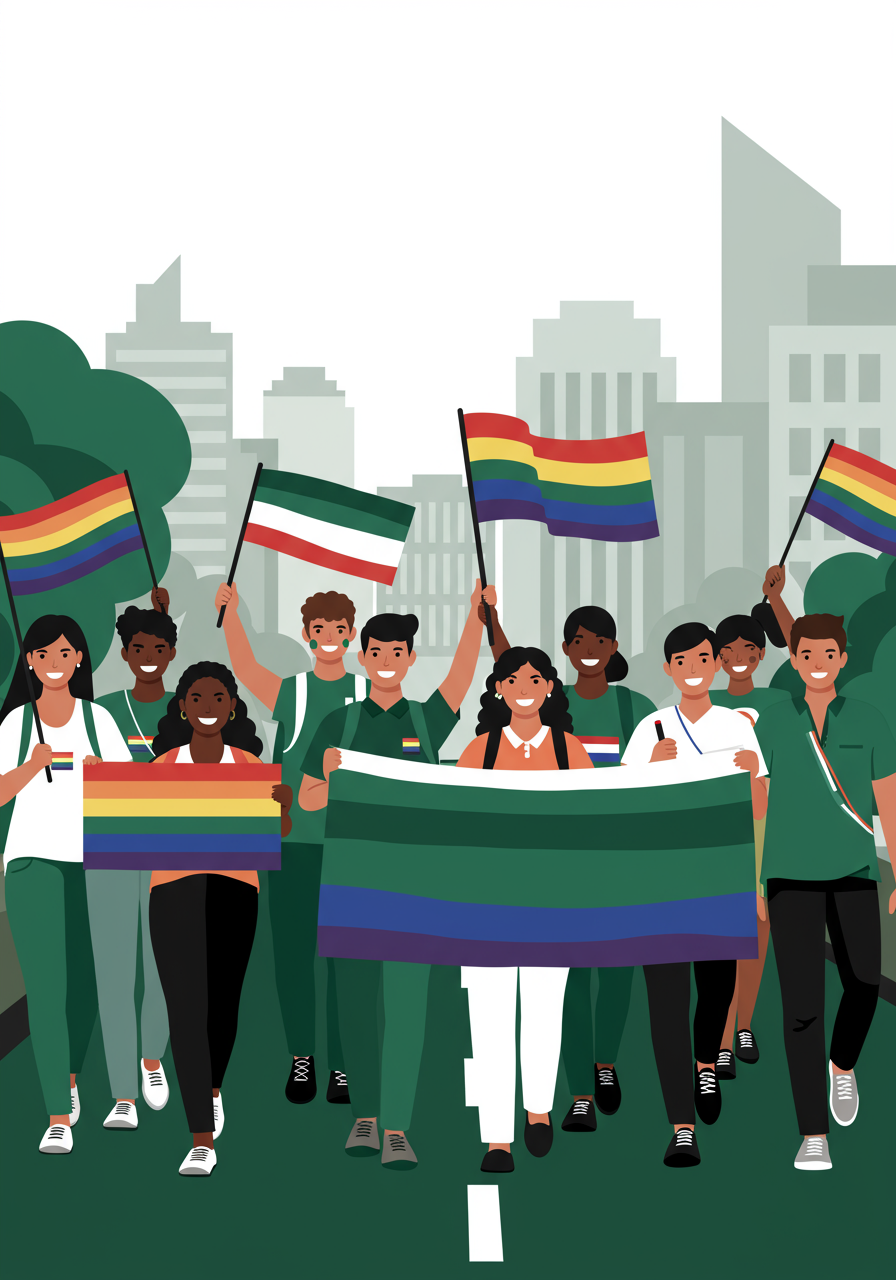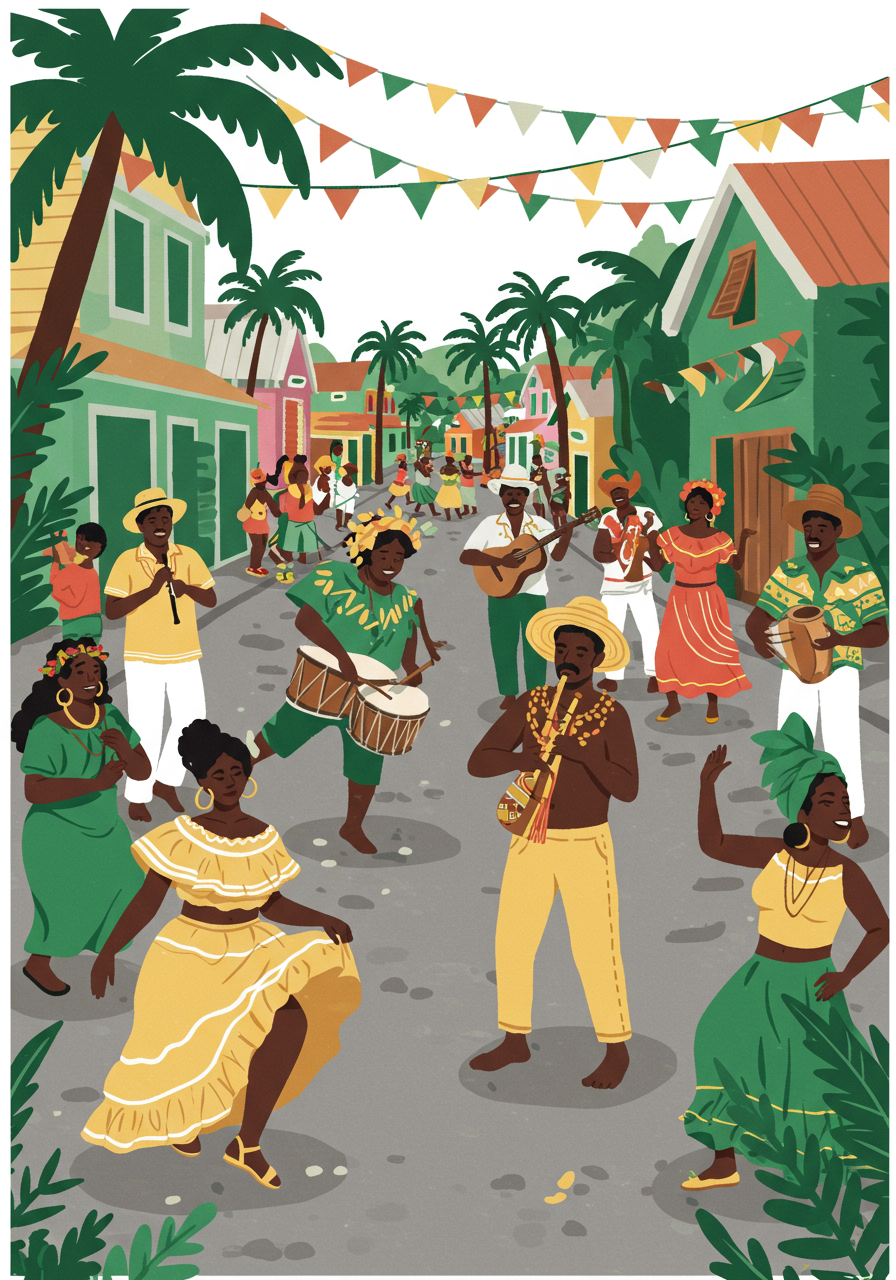Celebrating Good Friday
Good Friday, a cornerstone event in the Christian calendar, commemorates the crucifixion of Jesus Christ and his death at Calvary. This day is observed with deep reverence by Christians around the world, marking a pivotal moment in religious history. The observance of Good Friday can vary widely among different cultures and denominations, offering a rich tapestry of traditions and reflections on sacrifice, redemption, and forgiveness. In the spirit of inclusive engagement, it’s important to recognize the diverse ways this day is observed and the deep significance it holds for many.
📚 The History of Good Friday: A Foundation for Inclusive Engagement
The historical roots of Good Friday date back to the early Christian Church, with the event itself being a remembrance of Jesus Christ’s crucifixion. This day is marked by solemnity and mourning, reflecting on the themes of sacrifice and redemption central to Christian belief. Understanding the historical and spiritual context of Good Friday is crucial for fostering an environment of respect and empathy, laying the groundwork for inclusive engagement in diverse settings.
🌍 Dimensions of Diversity Supported by Good Friday
Good Friday’s observance brings to light several dimensions of diversity, including religious, cultural, and historical perspectives. It encourages introspection on themes of suffering, sacrifice, and hope, which transcend individual beliefs and resonate with universal human experiences. By acknowledging the significance of Good Friday in various cultures, workplaces can promote a culture of respect and understanding, enhancing religious and cultural inclusivity.
To read this article in its entirety, we invite you to become a part of our Diversiology community! As a member, you can explore our diversity calendar and access more information on potential offenses and recommended celebrations related to Good Friday. By embracing inclusive engagement strategies, we can build more inclusive workplaces that honor the diversity of experiences and beliefs among all employees, fostering a culture of respect, understanding, and unity.








